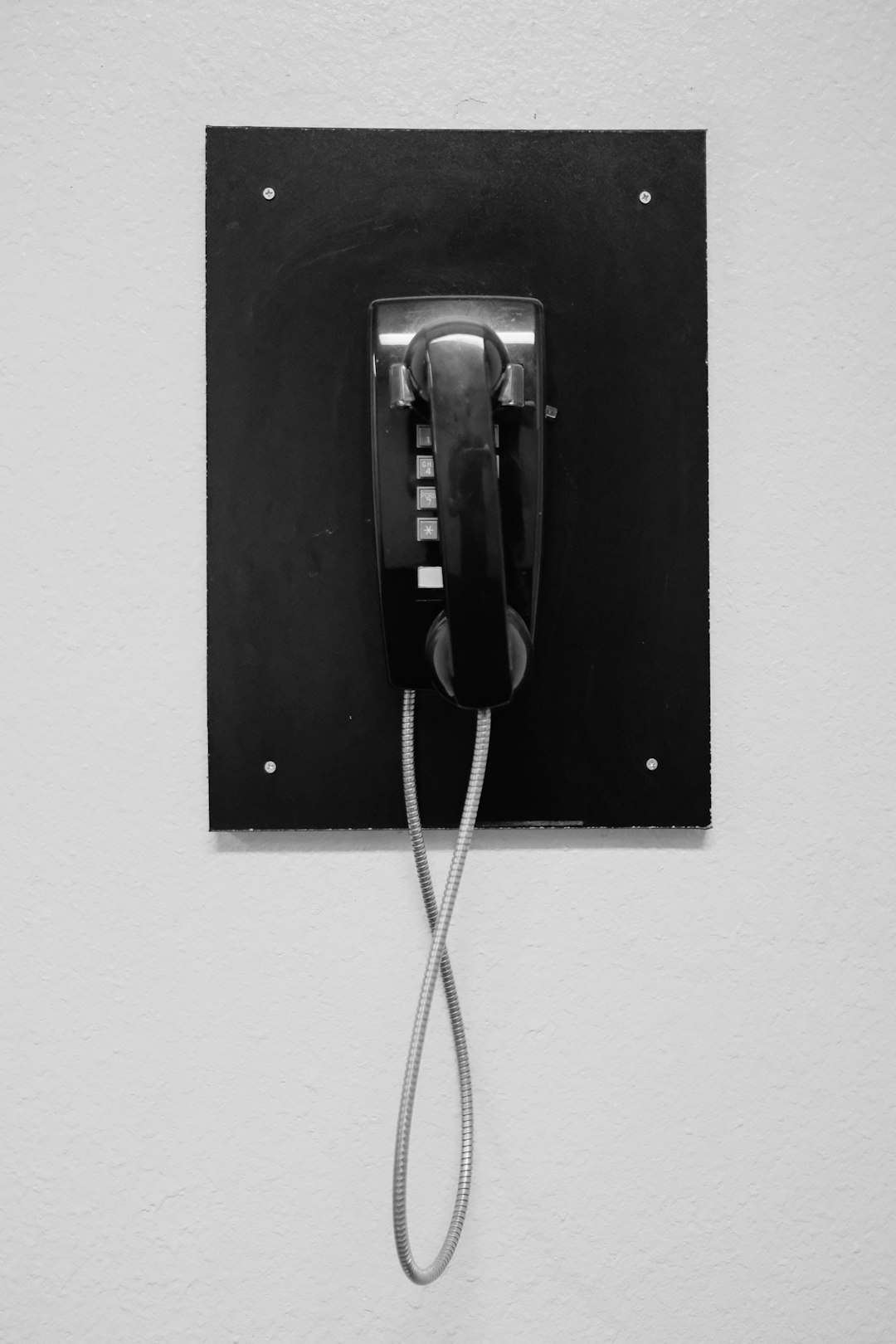Consumers in South Carolina have specific rights against abusive debt collectors. If your rights are violated, consult a lawyer specializing in South Carolina's debt collection laws within 30 days to file a complaint with the Attorney General's Office and potentially recover damages. Common violations include aggressive tactics, inaccuracies, and privacy breaches; legal recourse is available through a qualified attorney who can guide complaints under the Fair Debt Collection Practices Act (FDCPA).
In South Carolina, understanding your rights against debt collectors is crucial. If you’ve been harassed or mistreated by a debt collector, filing a complaint can help stop abusive practices. This comprehensive guide walks you through the process of filing in SC, highlighting key steps and the importance of seeking legal counsel. Learn about common issues, available remedies, and how a lawyer specializing in debt collection laws can navigate complex regulations to secure justice for debtors.
Understanding Your Rights Against Debt Collectors in SC

In South Carolina, consumers have specific rights when it comes to dealing with debt collectors. Understanding and knowing these rights is crucial in navigating the process of filing complaints against them. If you feel that a debt collector has violated your rights or engaged in unfair practices, it’s important to take action. A lawyer specializing in debt collection laws in South Carolina can guide you through this process, ensuring your legal protections are enforced.
Consumers are entitled to fair and honest treatment when dealing with debt collectors. This includes the right to verify the debt, challenge the validity of the claim, and demand validation of the debt. Additionally, debt collectors must refrain from using abusive, false, or deceptive means in their collection efforts. By familiarizing yourself with these rights and seeking legal counsel when needed, you can protect yourself against potential misconduct by debt collectors in SC.
When and How to File a Complaint in South Carolina

If you believe that a debt collector has violated your rights under South Carolina law, it’s important to take action. The first step is to gather evidence – such as any communication with the collector, including emails, letters, and phone records – and consult with a lawyer for debt collector laws in South Carolina. A legal professional can help determine if there’s a valid case.
In South Carolina, you have 30 days from the date of the violation to file a complaint with the South Carolina Attorney General’s Office. This time frame is crucial; acting promptly increases your chances of resolving the issue and potentially recovering any damages suffered. Once you’ve filed your complaint, the attorney general’s office will investigate, and may take legal action against the debt collector if violations are found.
The Role of a Lawyer in Navigating Debt Collection Laws

When facing aggressive or illegal debt collection practices in South Carolina, having a lawyer on your side is invaluable. A qualified attorney specializing in debt collection laws can serve as your guide through this complex landscape, ensuring your rights are protected. They understand the intricate regulations surrounding debt collection in SC and can help you navigate the legal system effectively.
A lawyer for debt collector laws South Carolina can assess your case, determine if the debt collector has violated any laws, and take appropriate action. This may involve sending cease and desist letters, filing formal complaints with regulatory bodies, or even initiating legal proceedings to stop harassment and obtain damages. Their expertise enables them to provide strategic advice and represent your interests, giving you the best chance at a favorable outcome.
Common Issues and Violations in Debt Collection Practices

Debt collection practices can often involve a variety of common issues and violations, leading many individuals to seek legal aid from a lawyer for debt collector in South Carolina. One of the primary concerns is the use of aggressive and harassing tactics by collectors, such as relentless phone calls at all hours, threatening language, and even physical intimidation. These methods are not only unethical but can also be illegal under both state and federal laws, including the Fair Debt Collection Practices Act (FDCPA).
Another frequent issue involves inaccuracies in debt collection communications. Collectors may misrepresent the amount owed, the legal basis for the debt, or even the consequences of failing to pay. They might also fail to validate the debt upon request, which is a crucial right granted to debtors under the FDCPA. Additionally, unauthorized sale or disclosure of personal information is a serious violation that can result in significant privacy breaches and further legal repercussions for the debt collector.
Legal Recourse and Resolutions for Debtors in SC

In South Carolina, debtors have legal recourse when facing aggressive or unlawful debt collection practices. If you believe a debt collector has violated your rights, consulting with a lawyer for debt collectors in South Carolina can be a crucial step. Legal experts specializing in this area can guide you through the process of filing complaints against these agencies. The Fair Debt Collection Practices Act (FDCPA) outlines specific guidelines debt collectors must follow, and violations can lead to significant penalties.
Debtors may seek resolutions such as having an invalid debt removed from their credit reports or stopping harassment from collection agency representatives. A qualified attorney can help negotiate with debt collectors, ensuring your rights are respected throughout the process. Understanding your options and knowing when to take legal action is essential in navigating the complexities of debt collection laws in South Carolina.






